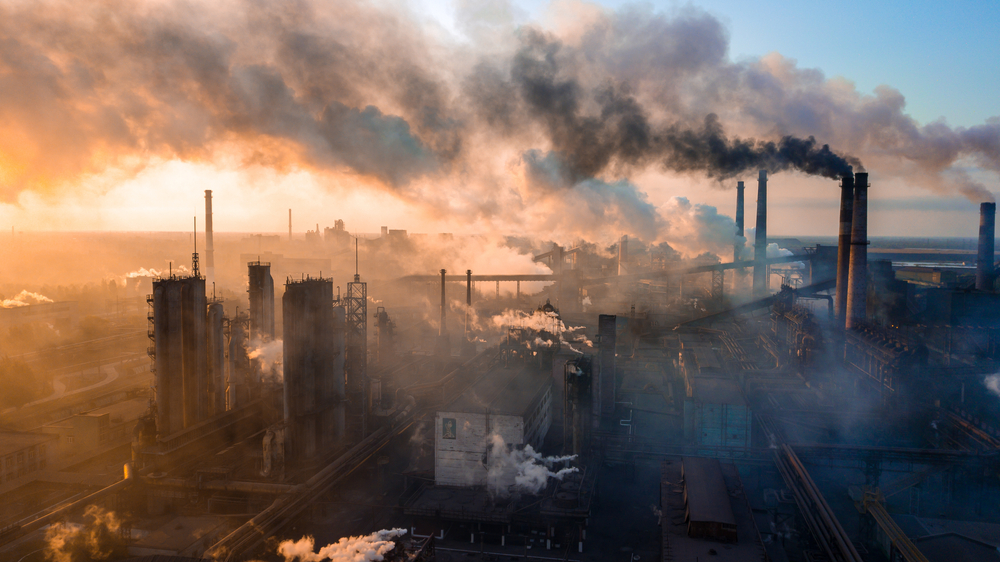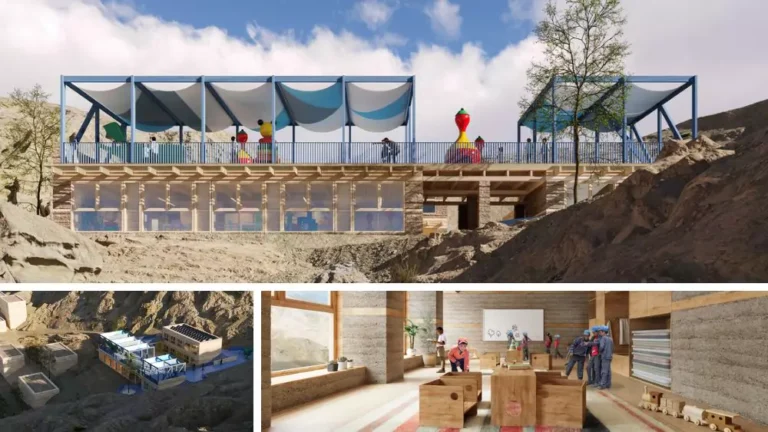Asia’s role in shaping a sustainable future: Decoupling economic growth from emissions
IFC promotes green recovery and sustainable development in Asia through collaboration with the private sector, alignment with the Paris Agreement, and initiatives with the real sector

Asia, home to over 60 percent of the world’s population, stands at the forefront of global challenges and opportunities. With the region undergoing rapid urbanisation, there is an unprecedented demand for housing and commercial property.
However, uncontrolled urban expansion can limit overall growth potential and contribute to carbon emissions. The key question then becomes: How can we decouple economic growth from greenhouse gas emissions?
The International Finance Corporation (IFC), as the largest global development organisation collaborating with the private sector in emerging markets, is committed to promoting a green, resilient, and inclusive recovery for all.
Economic growth and climate change
The intertwined relationship between economic growth and carbon emissions cannot be ignored. While rapid urbanisation presents economic and social opportunities, it also necessitates a careful consideration of sustainability. As the private and public sectors work to meet the growing demand for space, it is crucial not to lose sight of the collective goal to reduce carbon emissions.
Rebuilding economies to be greener and more sustainable will not only lead to a fairer and more resilient world but also strengthen economic recovery in the face of various challenges, including conflict, geopolitical tensions, the lingering impacts of COVID-19, and rising global inflation.
IFC’s commitment
IFC recognises the vital role of the private sector in driving innovation, improving skills, and unlocking the necessary financing to achieve sustainable goals. Our organisation is uniquely positioned to help emerging markets mobilise private capital for decarbonisation efforts and adaptation to a warming planet.
With an emphasis on the objectives of the Paris Agreement, we have aligned 85 percent of our new direct investments with the Paris Agreement since July 1st, 2023 and aim to reach 100 percent alignment by July 1st, 2025.
Moreover, we are dedicated to increasing climate finance and unlocking private sector investments in climate-related initiatives. From 2022 to fiscal year 2025, IFC aims to raise its climate finance to an average of 35 percent, an increase from the previous target of 30 percent in fiscal year 2020. This commitment reflects IFC’s dedication to creating markets and enabling private sector climate investments.
Improving climate-smart infrastructure
Among IFC’s primary areas of focus in the Asia-Pacific region is improving access to climate-smart and sustainable infrastructure services in emerging markets. By doing so, our organisation aims to open markets, stimulate growth, and create employment opportunities. In pursuing these objectives, we are actively involved in climate change mitigation and adaptation efforts.
We have also been collaborating with partners in the real sector to implement initiatives that promote sustainable development. Through investments in property, IFC supports the development of affordable housing and essential urban infrastructure, incorporating the latest green building standards and technology.
In 2018, we partnered with HSBC Global Asset Management to launch the Real Economy Green Investment Opportunity (REGIO) Fund. This fund has mobilised USD530 million in private sector capital to finance issuances from real sector companies, a crucial segment in the green bond market.
Additionally, in 2022, we partnered with CapitaLand’s Ascott Trust to subscribe to sustainability-linked bonds in the hospitality sector. The funds raised through these bonds will be used to refinance existing borrowings and further decarbonise service residences in Indonesia and the Philippines.
IFC’s tools for resilient real estate
To support the resilience and decarbonisation of real estate assets, our organisation has developed innovative tools and platforms. For instance, the Building Resilience Index, launched in the Philippines in FY22 and soon to be introduced in Vietnam, Indonesia, India, and the Pacific Islands, allows building owners and developers to assess, manage, and rate the resilience of their assets.
This offering complements IFC’s EDGE Green Building certification programme, which promotes the decarbonisation of real estate assets. Since its launch, EDGE has witnessed remarkable growth in the region, with developers adopting decarbonisation strategies at the portfolio level and aiming for Net Zero buildings using EDGE zero-carbon certification.
However, IFC cannot achieve the ambitious goal of transitioning to Net Zero carbon emissions; private sector investments are urgently needed. Governments alone cannot address the challenges posed by climate change. The success of the climate battle relies heavily on Asia’s determination and commitment to sustainable development. By drawing a pathway towards a safer, more secure, inclusive, and prosperous future, Asia can lead the way in building a sustainable world for all.
This article was originally published on ARES White Paper Volume 3. For more information, visit AsiaRealEstateSummit.com or email [email protected].
Recommended
Why Japan’s new interest rates might spark a transformation in Niseko’s property market
A new era for Niseko’s wintry property market dawns with the sunset of Japan’s negative rates regime
ARES White Paper Volume 3: The era of adaptive reinvention
Pioneering sustainable and innovative practices in urban development
ARES White Paper Volume 2: Unravelling the power of data revolution in real estate
Insights on proptech, smart cities, and sustainable development
ARES Digital White Paper Volume 1: The fundamentals of responsible building
Green and climate heroes join forces to discuss how Asia Pacific can weather the current environmental crises and the looming effects of climate change






